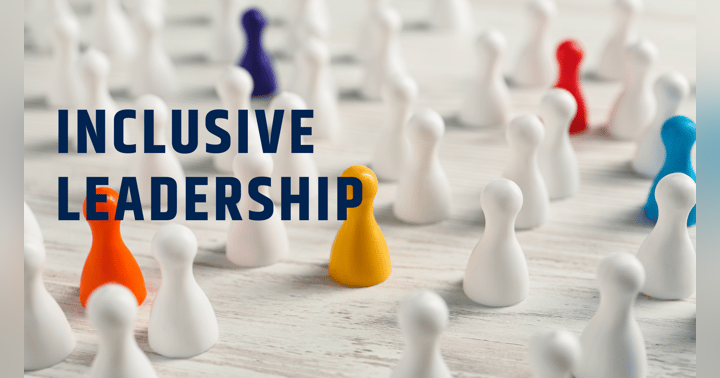Acknowledging and Prioritizing Your Mental Health: Tips for Students

Self-care and mental health are two topics that are becoming increasingly relevant in today's world. With the fast pace of life, high academic workloads, and social obligations, many students often feel overwhelmed and find it challenging to take care of themselves mentally and physically. In Episode 10 of the Academic Survival Podcast, my guest Bria Edgar spoke about her experience with practicing self-care and the importance of prioritizing mental health needs. In this blog post, we will delve into some of the key takeaways from the episode and explore why self-care and mental health are so crucial for students.
One of the most important things that Bria highlighted during the episode was the importance of acknowledging and validating your emotions. Often, people try to ignore their feelings in an attempt to appear strong or not burden others with their problems. However, suppressing emotions can often lead to more significant problems such as depression, anxiety, and other mental health issues. Therefore, it is essential to validate your emotions and accept that it is OK to feel the way you do. Once you recognize what you are feeling, you can take steps to address those feelings and work toward a better emotional state.
Bria also spoke about how taking a moment to stop and breathe can make a significant difference in your life. Deep breathing is a powerful tool that can help reduce anxiety and stress levels. When we breathe deeply, we can regulate our heart rate, lower blood pressure, and relax our muscles. By slowing down our breathing, we can send signals to our brain that we are safe, calm, and collected. Incorporating deep breathing exercises into our daily routine can benefit our mental and physical well-being.
Another important takeaway from the episode was the importance of seeking help when needed. Bria discussed her journey to becoming a therapist and how her faith helped her through the process. She emphasized that having someone to talk to about your thoughts and feelings is invaluable. Whether it is a therapist, family member, friend, or spiritual advisor, it is essential to have someone to confide in. Seeking help when we need it is not a sign of weakness. Instead, it shows that we care for ourselves enough to recognize when we need support.
Bria also spoke about the importance of self-care practices, which are habits people can adopt to promote well-being. She described how she walks her dog regularly and verbal processes with friends and family. These activities help her to take a break from work and de-stress. Incorporating self-care practices into your daily routine can help you prioritize yourself and your needs. Examples of self-care practices include going for a walk, stretching, meditating, listening to music, painting, or doing a hobby you enjoy. The key to self-care is to choose an activity that you love and commit to doing regularly.
Mental health issues are more prevalent than ever before, and they can significantly impact day-to-day living. In Episode 10, Bria highlights how students, in particular, can be affected by the high workload and social obligations of college life. However, prioritizing mental health does not have to be time-consuming or expensive. Implementing simple habits, such as getting enough sleep or doing activities you enjoy, can make a huge difference in your overall mental health. It is essential to recognize that self-care is not a selfish act but rather a fundamental and necessary aspect of taking care of oneself.
In conclusion, self-care and mental health are essential aspects of living a healthy and fulfilling life. Bria brought to light the importance of:
- Acknowledging and validating your emotions,
- Incorporating deep breathing exercises into your daily routine,
- Seeking help when needed, and
- Implementing self-care practices.
By prioritizing these four aspects, people can improve their mental and emotional well-being and work toward a happier and healthier life.















